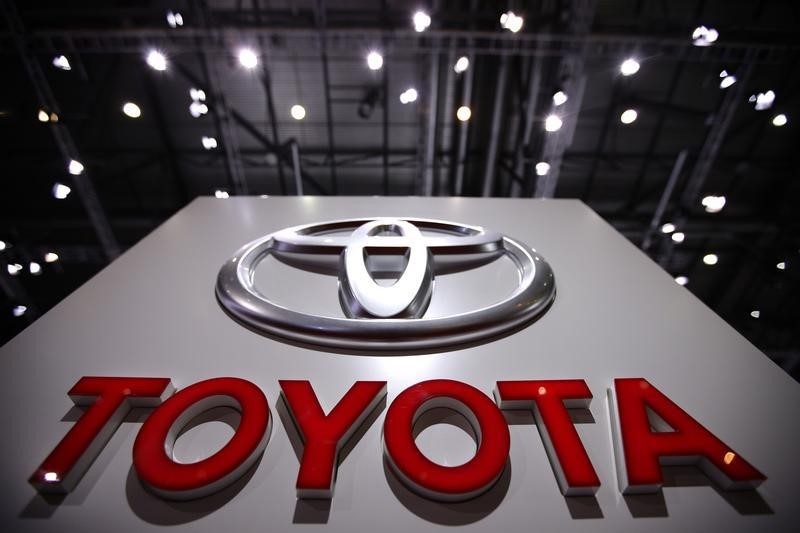In the latest industry data out of China revealed on Wednesday, Volkswagen and Toyota Motor (NYSE:TM)) witnessed a decline in their share of the world's largest auto market. This decrease occurred as established global carmakers yielded ground to their Chinese counterparts.
Specifically, VW's two joint ventures in China with FAW and SAIC collectively held a 14.2% share in sales for the year 2023. This figure marks a decrease from their 14.8% share in 2022, according to data sourced from the China Passenger Car Association (CPCA).
The sales encompassed brands under SAIC VW and FAW VW, which include vehicles from VW, Audi, and Jetta.
In 2023, Toyota's partnerships in China had 7.9% market share, down from 8.6% in 2022. Meanwhile, BYD, a major Chinese electric vehicle company, rose to 12.5% from 8.8% in 2022, becoming China's leading electric vehicle seller, surpassing Tesla (NASDAQ:TSLA).
Though VW and Toyota were top 10 automakers by sales in China, they didn't make the top 10 in new-energy vehicles. BYD and Tesla were the top two in this category.
The figures highlight the struggle faced by foreign traditional car manufacturers in China against local competitors amid a transition to electric vehicles. This challenge is intensified by pricing competition and a slowdown in demand due to the country's hesitant post-COVID economic recovery.
In the previous year, Volkswagen experienced a 23.2% increase in battery-electric vehicle deliveries, reaching 191,800 in China. However, its overall sales only grew by 1.6% to 3.2 million cars.
To compete in China's electric vehicle race, the German automaker is focusing on partnerships within the country. Volkswagen aims to introduce a specific entry-level electric platform tailored for the Chinese market. In July, it formed a partnership with Xpeng (NYSE:XPEV), a smaller Chinese electric vehicle manufacturer, as part of this strategy.
Shares of TM are up 2.18% in pre-market trading Wednesday morning.
